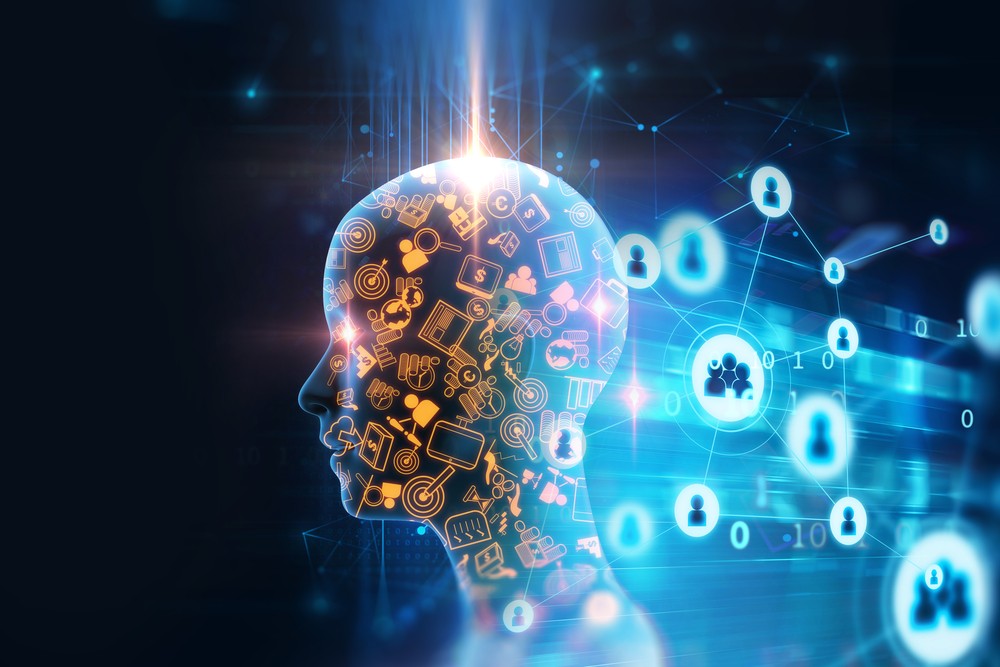In the latest version of the platform, DataRobot introduced:
- Visual AI: With Visual AI, users can address Computer Vision use cases and combine incredibly diverse types of data in their models. Visual AI offers immediate support for use cases requiring image recognition and classification. Users can simply drag and drop a collection of images into a project and build custom deep learning models in minutes. DataRobot’s Visual AI then takes image-based machine learning one step further by allowing users to leverage images alongside any other feature types such as numeric, categorical, dates, and raw text.
- AI Applications: Now any machine learning model, including DataRobot-generated models or models written in R or Python, can be turned into an AI Application. This enables employees of all skill levels to interact with the predictive insight of the underlying model and experiment with different scenarios, predict results, and make more informed business decisions. The new feature also includes an Applications Gallery -- a one-stop shop that allows business users to find the application that best suits their needs.
- Automated Deep Learning: DataRobot significantly boosted its deep learning capabilities, powered by a new Keras-based model framework which DataRobot recently secured a provisional patent for. Traditionally, training deep learning models is expensive and time consuming. DataRobot’s new capabilities allow users to build successful and reliable deep learning models that are ready to deploy into production and make it easy to understand these models -- all with the infrastructure a user has in place.
“Having pioneered the automated machine learning category, we are proud to push the boundaries of what’s possible with the technology by offering these novel automated deep learning and Visual AI capabilities,” said Phil Gurbacki, SVP of Product and Customer Experience, DataRobot. “Subject matter experts from any industry can now solve new business problems by including relevant image-based content along with other more traditional data types. This latest evolution of our platform will empower AI to make even better decisions based on broader perspectives.”
Additionally, DataRobot also unveiled enhancements to:
- MLOps: In this release, DataRobot MLOps was enhanced to include pre-packaged model environments so users can drag-and-drop model files, developed in languages such as Python and R, and deploy them using Kubernetes. The release also includes unlimited batch scoring with integration to leading cloud storage options for massive scale; and MLOps Monitoring Agents that can capture metrics from models deployed to almost any environment.
- Automated Time Series: Automated Time Series now features new deep learning techniques that remove the traditional forecasting barriers to make easy work of large-scale multi-series forecasting applications.
- DataRobot Paxata: Following the acquisition of Paxata in December 2019, DataRobot has integrated Paxata’s AI-assisted data preparation solution seamlessly with the AI Catalog to empower novice and expert users to rapidly explore, clean, combine, and shape data for training and deploying machine learning models.




